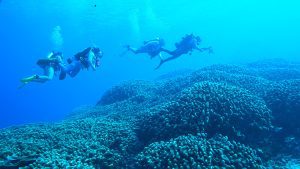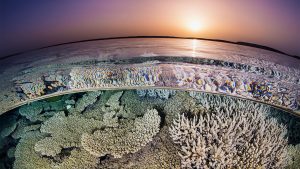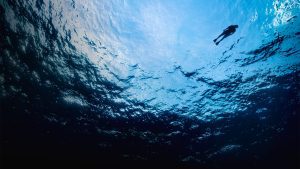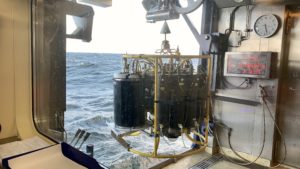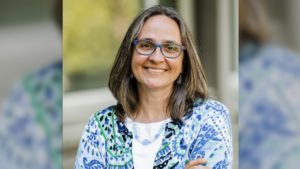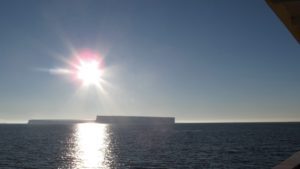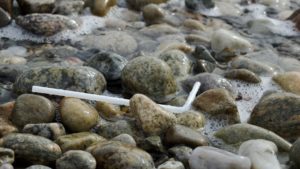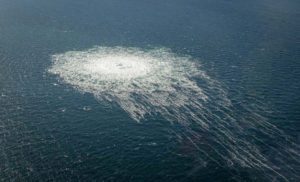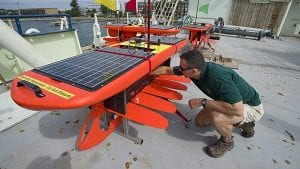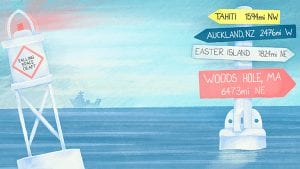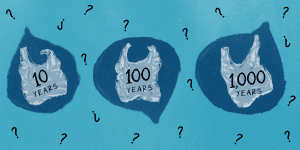Research Highlights
Oceanus Magazine
News Releases
Human activities account for a substantial amount – anywhere from 20% to more than 60% – of toxic thallium that has entered the Baltic Sea over the past 80 years, according to new research by scientists affiliated with WHOI and other institutions.
Woods Hole, Mass. — Each year, the Association for the Sciences of Limnology and Oceanography (ASLO) honors scientists for their outstanding achievements in aquatic science research, service, and education. The G. Evelyn Hutchinson Award recognizes a mid-career scientist who has…
Woods Hole, Mass. – Studying a rock is like reading a book. The rock has a story to tell, says Frieder Klein, an associate scientist in the Marine Chemistry & Geochemistry Department at the Woods Hole Oceanographic Institution (WHOI). The…
Woods Hole, Mass. – Vitamin B12 deficiency in people can cause a slew of health problems and even become fatal. Until now, the same deficiencies were thought to impact certain types of algae, as well. A new study examined the…
WHOI researchers determine lifetimes of drinking straws in the coastal ocean and develop a prototype bioplastic straw that degrades even faster than paper

